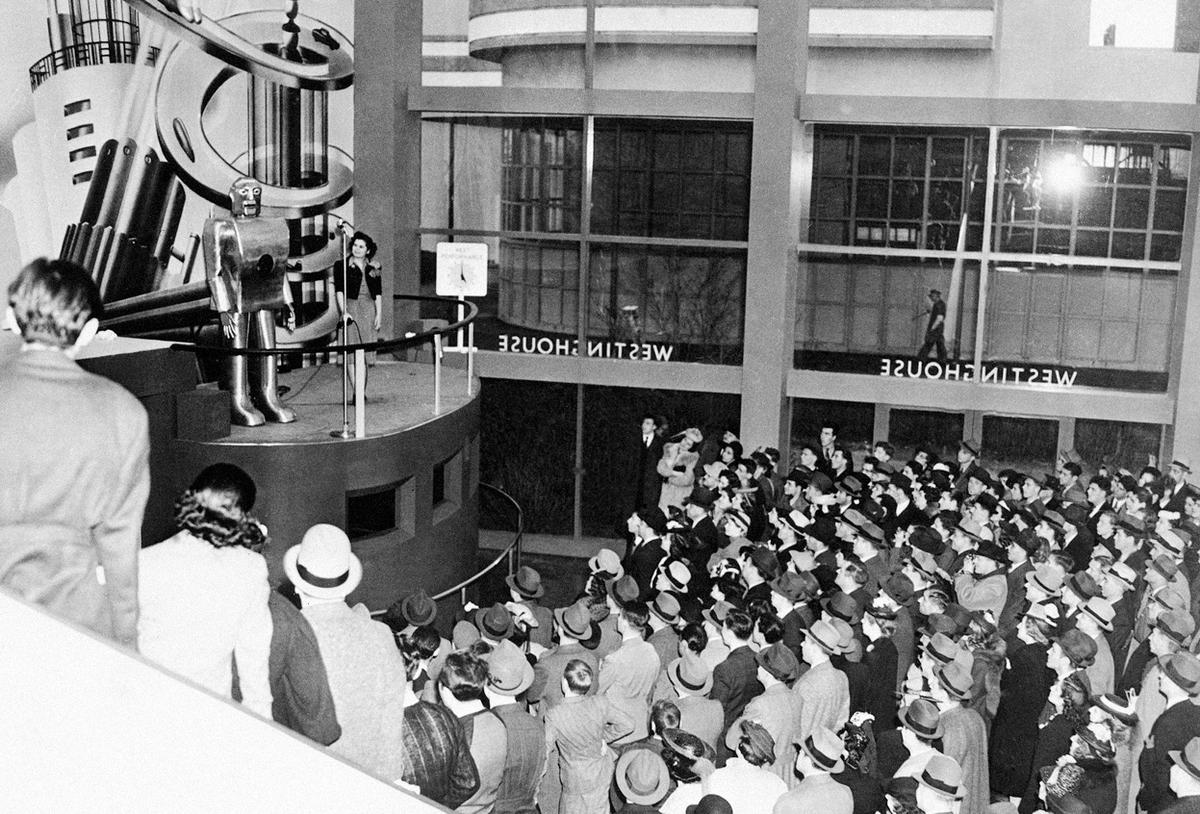Back during the run-up to the election, we had a long thread on the way that conservative movement media strategy and self-serving, short-sighted journalistic norms had combined to allow Republicans to manipulate the press. One of the recurring points in that thread was that Trump was a stressor and that the system was starting to show the strain.
From Reagan through Ryan, this carefully constructed messaging and spin machine allowed Republican politicians to make dishonest or offensive statements with little or no penalty. Even when a reporter did correct the record, it was done often accompanied with a generous dollop of false balance.
Working in concert with the openly partisan media of Fox News, it was remarkably effective, allowing the GOP to maintain cordial relations with a press corps they claimed was biased against them. It was a robust system as long as there was minimal effort put into keeping the messaging at least marginally defensible. Now we're seeing what happens without that effort.
Tuesday, August 9, 2016
The loss of plausible deniability
One important point to keep in mind while following this year's election is that, of the truly objectionable things about the Trump campaign, very few are actually new. Instead, we have all sorts of practices that have always been unacceptable, but which are now being presented in a way that makes them undeniable.If you remember the elections of 2000 and 2004, you will probably recall talk of Karl Rove and his mastery of "political jujitsu." It was generally discussed as if it were some sort of mystical Jedi mind trick that allowed Rove to make strengths into weaknesses and weaknesses into strengths. Mainly, it came down to the realization that most reporters would respond to obvious lies with straight faces and no follow-up questions.
In 2004, I remember Republican operatives making the argument that George W. Bush's military record compared favorably with that of John Kerry. Just to review, Kerry was a legitimate war hero in terms of courage, sacrifice, and effectiveness. On the other side of the ledger, even if we push aside all of the accusations and contested points about favoritism and completion of requirements, there is a relatively cushy stint in the National Guard.
These and other clearly untrue statements were usually allowed to stand largely because this was a symbiotic relationship. It was in both the source's and the journalist's interests to keep this relationship going and not to push the boundaries in either direction.
The lies we've been hearing recently are not necessarily that much more blatant, but Trump and associates are no longer observing the social conventions that traditionally went with them. If a reporter asks about your candidate's military service and you reply by saying all sorts of nice things about the National Guard, that reporter can move onto the next question without looking like a complete moron. If you look reporters in the face and tell them that twice cheating on then dumping your wife for a younger, more glamorous woman qualifies as a sacrifice, you leave the reporters looking like asses just for letting you get the words out of your mouth.
Which brings us to (from TPM):
Khizr Khan, the father of the Muslim soldier, said in his speech at the Democratic convention last week that Trump had "sacrificed nothing." And Trump hit back over the weekend, saying that he's "made a lot of sacrifices," like creating jobs."Creating jobs" normally implies actually paying the people who do work for you, but we can save that for another day.
During a CNN panel discussion Sunday, Trump surrogate Scottie Nell Hughes defended Trump's comments.
"Mr. Trump was responding to the fact of sacrificing. Nowhere ever did he ever say that his sacrifice was equivalent or more or even close to what the Kahn’s had given up," she said.
CNN host Fredricka Whitfield then asked, "Is creating a job considered a sacrifice?"
"You know what, creating jobs caused him to be at work, which cost him two marriages,” Hughes said in response. “Time away from his family to sit there and invest.
Clinton surrogate Bernard Whitman jumped in to say, "infidelity cost him."
"No, actually being away from his family, he’s admitted it,” Hughes insisted. "That is the spin of the media and ongoing bias."












